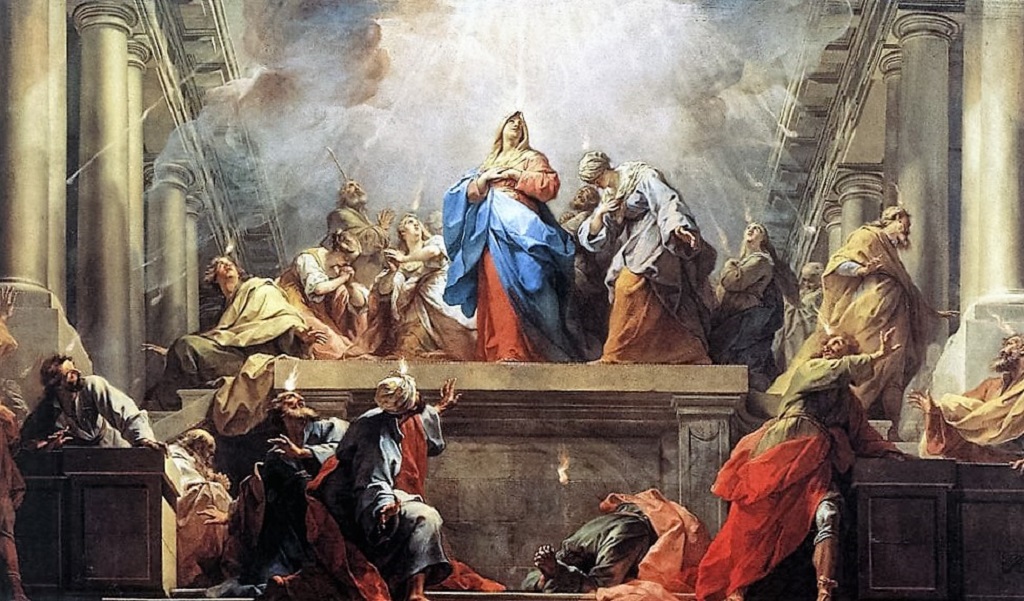On the second day of Christmas my true love gave to me, two turtle doves
The pair of birds were meant to symbolize the Old and New Testaments.
The Church is good to her children. She wisely instructs us in the way of Faith – not the happiness of a commercial Christmas, but the joy of the Faith – no matter our circumstances.
Yesterday, we celebrated. We sang and laughed. Gifts were exchanged. Families spent the day together, celebrating the Biggest Birthday Of All, where we received the Best Gift. But the Church very wisely reminds us today that this gift is not a toy, not a plaything, but a true gift. Like all true gifts, it requires something from us.
The Church today celebrates St. Stephen, the first martyr for the faith. His story is recounted in Acts 6. Stephen, a man widely recognized for his faith, was a gifted evangelist. Many were moved to conversion after hearing him speak. And some were moved to evil.
Just like Christ, Stephen was brought up on false charges and the Sanhedrin sentenced him to death – the first Christian martyr.
Party yesterday, death today. That, as they say, escalated quickly. The Church wants to remind us, her children, that even in the midst of the celebration of Christmas, we must know that our Faith will cost us.
Perhaps it will cost us in that we live our family life very differently than others. Maybe we will be ridiculed at work for our beliefs. We will be mocked on social media. Even our family members will question or make fun of us. And yes, many of us (as these past months have taught us) will lose our lives for the Faith.
On this second day of Christmas, with the joy of the birth of Christ still very fresh in our minds and hearts, pull out your Bible and read Acts 6. Our wonderful, rich, deep and true Faith comes at a price. St. Stephen, pray for us.
[From the United States Conference of Catholic Bishops: “The liturgical season of Christmas begins with the vigil Masses on Christmas Eve and concludes on the Feast of the Baptism of the Lord. During this season, we celebrate the birth of Christ into our world and into our hearts, and reflect on the gift of salvation that is born with him…including the fact that he was born to die for us.” There are, however, the traditional “12 Days of Christmas,” captured in the song of the same title. Some claim the song was meant as catechism of a sort, written and sung for nearly 300 years of British persecution of Catholics. We will be using both the song and the Church’s liturgical calendar to celebrate the Christmas season. We hope you enjoy.]



